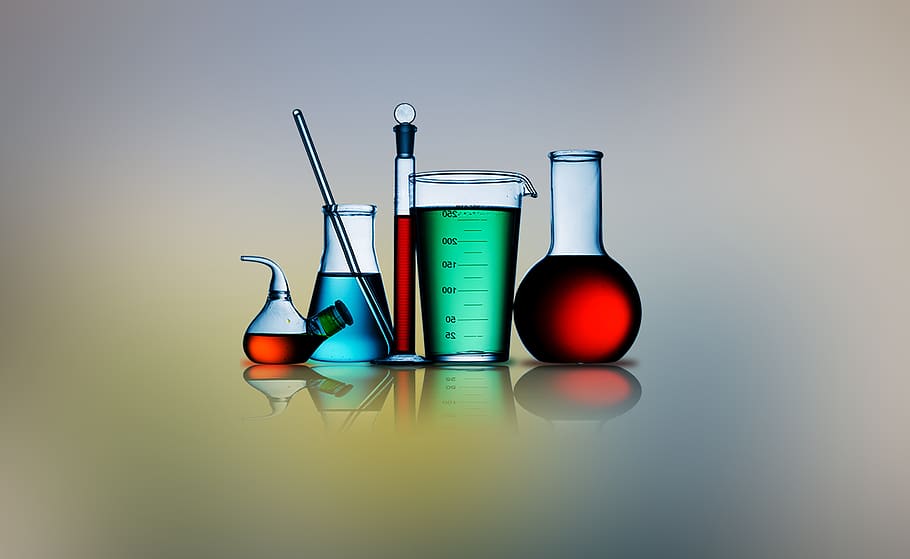Choosing between chemical engineering and biomedical engineering can be a formidable challenge for aspiring students. Each discipline presents unique opportunities and intricacies that cater to distinct interests and career paths. As you embark on this journey of self-discovery, one must ponder: what fuels your curiosity? Are you captivated by the precise art of chemical processes, or does the dynamic realm of biomedical innovation spark your imagination? This exploration delves into the fundamental differences between these two fields, addressing the skillsets required, the career trajectories, and the societal impacts they each garner.
Understanding the Foundations
At its core, chemical engineering is principally concerned with the application of physical sciences, life sciences, mathematics, and economics to efficiently use, produce, design, transport, and transform chemicals, materials, and energy. Chemical engineers often find themselves working in industries ranging from energy production, pharmaceuticals, food processing, and environmental engineering. They must possess a robust understanding of thermodynamics, reaction kinetics, mass and energy transfer, and process design.
On the contrary, biomedical engineering merges the principles of engineering with biological and medical sciences to advance healthcare and improve patient outcomes. This interdisciplinary field encompasses a variety of applications, including the design of medical devices, the development of biocompatible prostheses, and the engineering of tissue and organs. Biomedical engineers typically rely on skills in biomechanics, biomaterials, medical imaging, and signal processing.
Academic Pursuits in Chemical vs. Biomedical Engineering
When considering an academic pathway, one must evaluate the required coursework. Chemical engineering curriculums tend to include extensive studies in chemical thermodynamics, fluid mechanics, and process control, along with laboratory work focused on chemical synthesis and analysis. Students engage in problem-driven projects, often emphasizing large-scale industrial applications.
Biomedical engineering curricula, on the other hand, interlace traditional engineering courses with an in-depth understanding of biology and physiology. Coursework may cover areas such as cellular and tissue engineering, medical imaging, and biomechanics. A hallmark of biomedical engineering programs is their emphasis on team-based projects and collaboration with medical professionals to address real-world health problems.
Skill Sets: What Makes You Tick?
Undoubtedly, the skill sets acquired in each discipline diverge significantly. Chemical engineers often embody analytical thinkers. They employ strong mathematical aptitude and problem-solving skills to tackle complex challenges, developing innovative processes or products. The ability to analyze large datasets and model chemical reactions is paramount.
Conversely, biomedical engineers must integrate knowledge from diverse fields, fostering skills in creativity and collaboration. Proficiency in understanding the human body, alongside the technical expertise necessary to develop cutting-edge medical innovations, is crucial. Additionally, soft skills—such as communication and teamwork—play an essential role in bridging the gap between engineering and healthcare.
Career Pathways and Opportunities
Both fields offer robust career prospects, yet they diverge significantly in their application and focus. Chemical engineers can pursue careers within various sectors, such as energy, materials manufacturing, or environmental consulting. Roles may include process engineer, production manager, or environmental health and safety officer. Notably, the oil and gas industry has historically been a staple of chemical engineering employment, though the transition towards sustainable energy provides burgeoning opportunities as well.
Biomedical engineers, however, are often employed in medical device manufacturing, pharmaceuticals, or research institutions. Career titles can range from research and development engineer to clinical engineer, or regulatory affairs specialist. As technology continues to advance within healthcare, the demand for biomedical engineers is expected to proliferate, presenting opportunities to contribute to groundbreaking life-science advancements.
Impact on Society: The Greater Good
Each discipline offers unique pathways to contribute to society. Chemical engineers play a pivotal role in developing sustainable processes, enhancing efficiency, and mitigating environmental impacts. They are often at the forefront of innovations that lead to cleaner technologies and alternative energy solutions, significantly impacting societal welfare.
In contrast, biomedical engineers directly contribute to improving human health and quality of life. By developing novel medical technologies, they impact lives, addressing pressing healthcare challenges and facilitating advancements in diagnostics and treatment. The ability to save lives, enhance recovery, and improve chronic disease management exemplifies the profound societal contributions made by biomedical engineers.
Making the Choice: What Resonates with You?
Ultimately, the decision between pursuing chemical or biomedical engineering hinges on one’s personal interests and career aspirations. Consider the environment in which you thrive. Do you aspire to innovate within the chemical process industries, or do you feel drawn to the dynamic world of healthcare technology? Reflect on your innate curiosities and values: are you more passionate about chemical transformations or enhancing human health? Such contemplations will guide your focus, enabling you to embark on a fulfilling professional journey.
As you navigate through this pivotal choice, remember that both fields offer vast opportunities to impact the world, albeit through different lenses. Embrace your interests, evaluate your skills, and choose a path that not only aligns with your academic strengths but also resonates with your quest for meaningful contributions to society.








